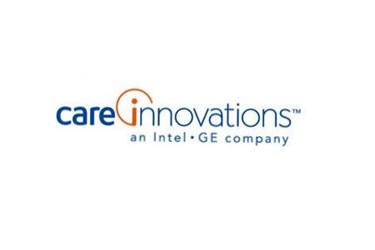Intel-GE Care Innovations, Cigna-HealthSpring Collaborate On Remote Patient Management
By Chuck Seegert, Ph.D.

After exciting results in a pilot study, Cigna-HealthSpring and Intel-GE Care Innovations are planning to expand a new remote care management program. By providing patients tools to use at home, along with remote access to care givers, congestive heart failure (CHF) complications were greatly reduced, along with hospital visits.
CHF is a chronic condition that affects millions of Americans each year. For a number of reasons, the heart becomes less able to pump blood to the other portions of the body. This reduced blood flow limits oxygen availability to other tissues and can lead to a cascade of negative effects, which then may lead to an emergency room visit.
Many of these admissions may be avoidable if patients manage things like their diet and medication, according to a recent press release from Care Innovations. This is the basis for a new program that was recently performed with 50 CHF patients in middle Tennessee. Enrollees in the study received an interactive tablet, a blood pressure cuff, and a scale to take biometric data at home.
The tablet allows the patient to interact with a healthcare provider remotely, and also provides a way for the patient to complete an education program that will eventually allow them to transition away from the tablet. The goal is to teach the patient to recognize signs in their body that may indicate that their disease is becoming exacerbated, according to the press release. If the symptoms occur, the patients can then intervene and correct the issues before it leads to a significant problem that may require hospitalization.
“We have seen dramatic reductions in the need for hospitalization in our first year of the program pilot with Cigna-HealthSpring,” said Sean Slovenski, CEO of Intel-GE Care Innovations, in the press release. “We also recently worked with many hospitals across the country to create successful remote care management programs and have seen as high as a 75 percent reduction in hospital readmissions.”
Dramatic results like these have provided the motivation for Cigna-HealthSpring to expand the program to a much larger population of 250 patients in Tennessee.
“Many people with congestive heart failure find themselves back in the hospital within a matter of weeks after returning home so it’s important that we continue to seek new and innovative solutions to help them better manage their health,” said Dr. Jim Lancaster, senior medical director for Cigna-HealthSpring of Tennessee, in the press release. “We are pleased by the early success of the pilot program and excited to implement it statewide to help more of our customers take control of their health with the convenience of virtual yet personalized medicine at home.”
Remote solutions to managing CHF are becoming more common as an approach for assisting patients and reducing surprise hospital visits. Recently in an article on Med Device Online, an FDA-approved sensor implant was discussed that has also been shown to reduce the hospitalizations of CHF patients.
Image Credit: Intel-GE Care Innovations LLC
